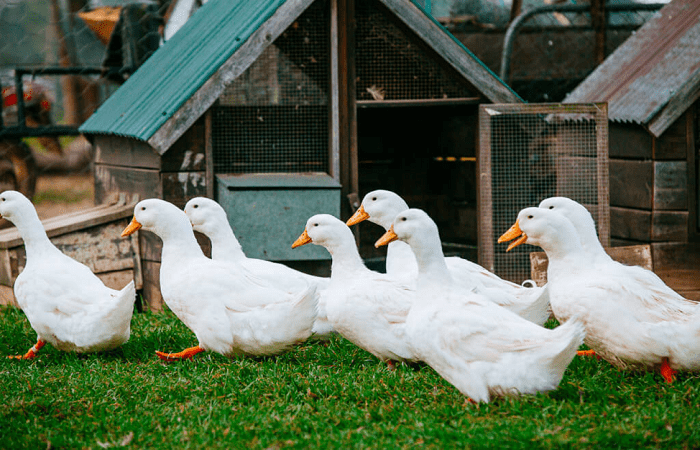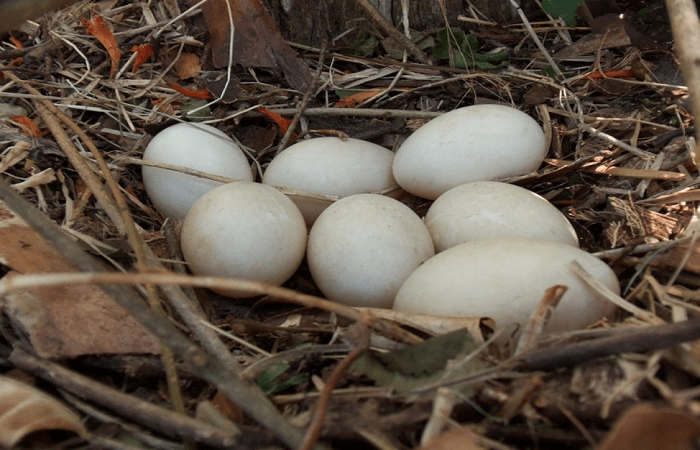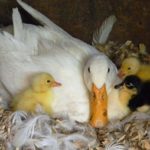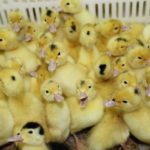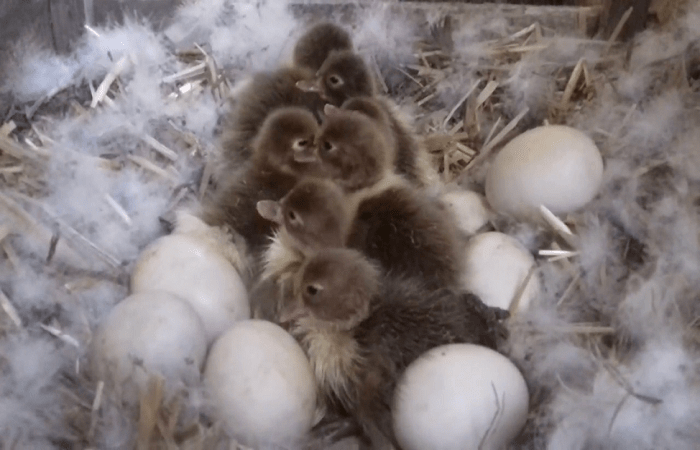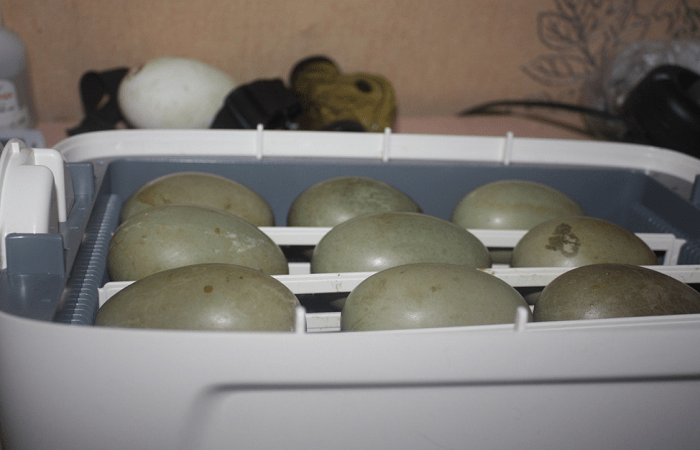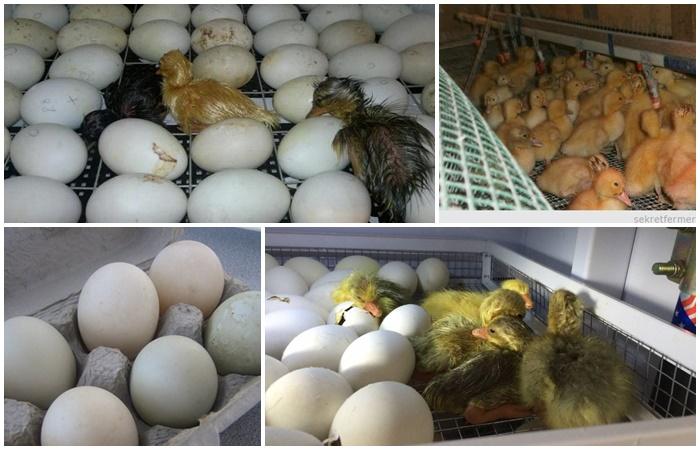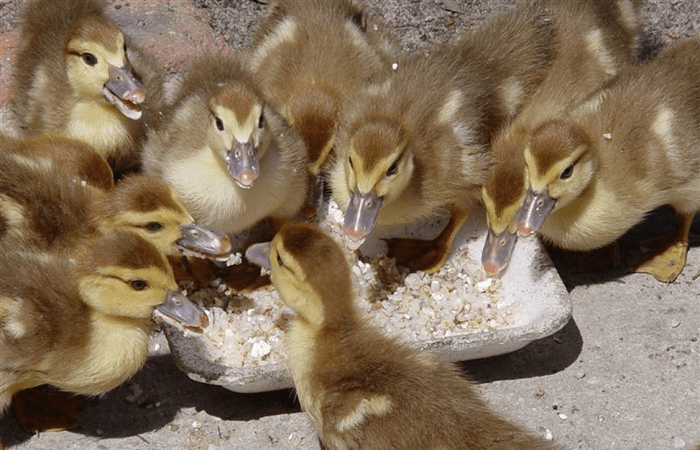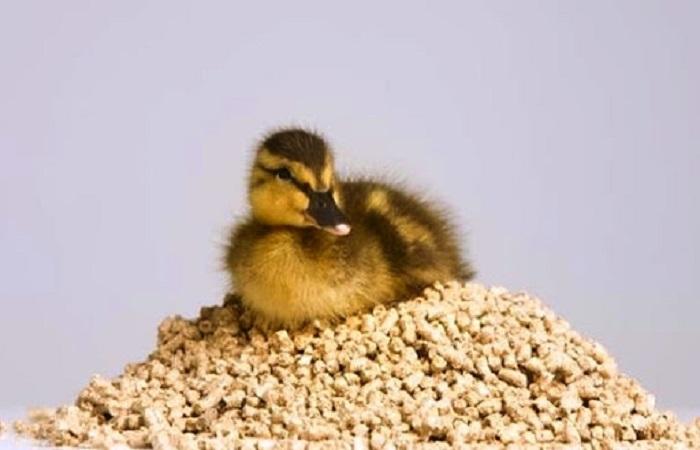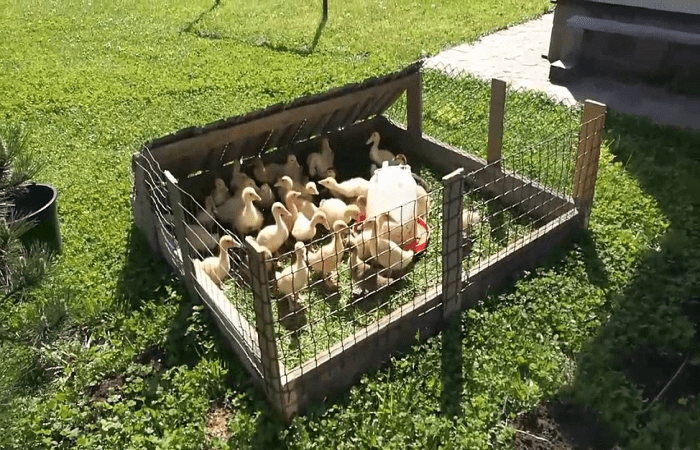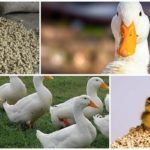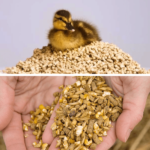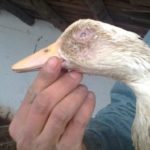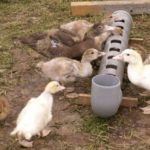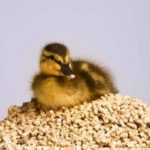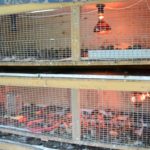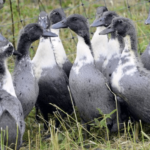Breeding and keeping ducks is a profitable business. These birds are bred for meat and eggs. In addition, farmers use duck feathers and down, as well as droppings to fertilize their garden plots. Beginners are attracted by the lack of difficulty in care and the small territory that a flock of ducks requires. However, to get maximum profit from birds, you need to know the basic nuances of growing.
Rules for choosing a breed for breeding
Before you start organizing a farm, you need to choose a breed of poultry, and to do this, the farmer first needs to understand what he wants to get from ducks. If meat is a priority, then it is recommended to raise meat birds; if eggs, you need to pay attention to egg breeds.
Today, farmers consider the following popular breeds of domestic ducks:
- Bashkir duck;
- Peking duck;
- mulardov;
- indo-duck;
- gray Ukrainian duck;
- khaki campbell;
- Cayuga;
- Saxon duck;
- Indian runner.
In Russia they prefer to raise ducks for meat or meat and egg production. Ducks of egg breeds are not very profitable, since their egg production is inferior to that of chickens.
Beginners are advised to start with traditional duck breeds that do not require much care. The Peking breed would be a good choice, since it is distinguished by early maturity, is unpretentious to feed, will tolerate the absence of a body of water, and does well in hot and cold conditions. That is, this breed of duck will forgive a beginner some errors in maintenance. However, you should not put a female in a nest and expect high egg production: the Pekin duck is an unscrupulous hen.
Breeding ducklings using a hen
There are several ways to raise ducklings, one of which is with the help of a hen. For these purposes, choose turkey, chicken or duck. The number of eggs depends on the time of year. The maximum quantity in summer is 15 units, in spring – up to 12 units.
The owner should, first of all, organize a nest for the duck. This will require straw and feathers, but the bird will take care of this element itself. Eggs should not roll out of the nest, so it is better to make it with small sides. Location: a darkened area of the poultry house.If possible, areas with nests should be blocked off with lightweight material so that other birds do not disturb the hen.
The first brood of chicks should appear 27-28 days after the start of incubation. As soon as the ducklings are born, the farmer needs to transplant them into a separate box. If the weather is cool, an additional source of heat and light will be required. The optimal temperature for babies is 30 °C. Sometimes ducklings are returned to the mother hen to be raised, but in this case it is important to make sure that the duck will accept all the chicks.
Raising birds in an incubator at home for beginners
Experienced farmers choose to raise ducklings in an incubator, since in this case they do not have to be tied to the time of year. In addition, the device allows you to obtain offspring without loss. Modern incubators are equipped with a variety of options, for example, automatic turning of eggs after a certain period of time, maintaining humidity and special temperature conditions, as well as opening the lid for short-term ventilation and removal of accumulated gases inside the device.
The farmer makes every effort and knowledge to select eggs. It is important to choose eggs that are not damaged or contaminated. Check the condition of the yolk and the air chamber, which should be placed at the bottom. With the help of an ovoscope, it is necessary to clarify fertilization. On the 10th day of being in the incubator, it is necessary to check the eggs for the presence of embryos.
To obtain chicks, you will need a humidity of 55-60% and a temperature of 37.8 to 38.2 °C, depending on the day of laying. Sudden changes in temperature are unacceptable. After the chicks hatch, you need to transplant them into a box or wooden box, providing them with additional warmth and light.It is also important to ensure that the inside of the box is dry.
Feeding from the first days of life
Beginners in poultry farming should know that the health of the bird and subsequent productivity depend on proper feeding. The first week after the chicks hatch is the most difficult. They should be fed up to 8 times a day. The first meal should be early in the morning, the last before nightfall.
The diet of day-old ducklings should include cottage cheese, yogurt, crushed boiled eggs, and porridge. Drinkers with clean water for birds should be placed near the feeders.
5-7 days after the birth of ducklings, a small amount of ground corn or wheat dirt can be added to their diet. Next, dairy products should be replaced with fresh chopped herbs. Owners try to give duckweed to their chicks in unlimited quantities, since the babies grow quickly from it.
For proper maintenance and breeding, and subsequent productivity, diet is of great importance. The health of the bird primarily depends on it.
Care for the younger generation
Caring for newborns involves ensuring the correct comfortable microclimate in the poultry house and the place where the little chicks live. In detail, it is important to provide children with light and an additional source of light until they get stronger. The first day after birth they should be under a special lamp. In summer, it is necessary to take care of good ventilation and regular ventilation of the room. Comfortable temperature for birds is 20 °C, humidity is minimal.
The poultry house and chick box must be cleaned daily and disinfected once a week. The litter needs to be changed every day; it must be dry.You need to care for the young and create special conditions for them until they are six weeks old, after which they can be considered adult birds.
When the chicks get stronger, you should take care of walking in the fresh air, since daily exercise is the key to good health. You need to organize a walk in a cozy place, in the grass with small bushes. You can also place feeders and drinkers there. However, the farmer should protect the chicks from predators. In windy and wet weather there is no need to let ducks out for a walk.
What problems might you encounter?
A novice farmer will definitely encounter a number of problems when raising ducks. It's better to worry about them in advance. First of all, this is the room. It must meet certain requirements. It is important to provide the birds with daily walking and access to a body of water, since the duck is a waterfowl. The right diet is necessary. In addition to basic foods, birds need vitamin and mineral supplements, as well as fresh herbs.
Chicks will require special care, especially at first. Temperature conditions and a certain humidity are important for them. Hygiene and disinfection are a kind of disease prevention. This is the basis of good content. Before you start breeding and raising ducks, you should evaluate your strength and plan your time, otherwise it will not bring the desired result.

